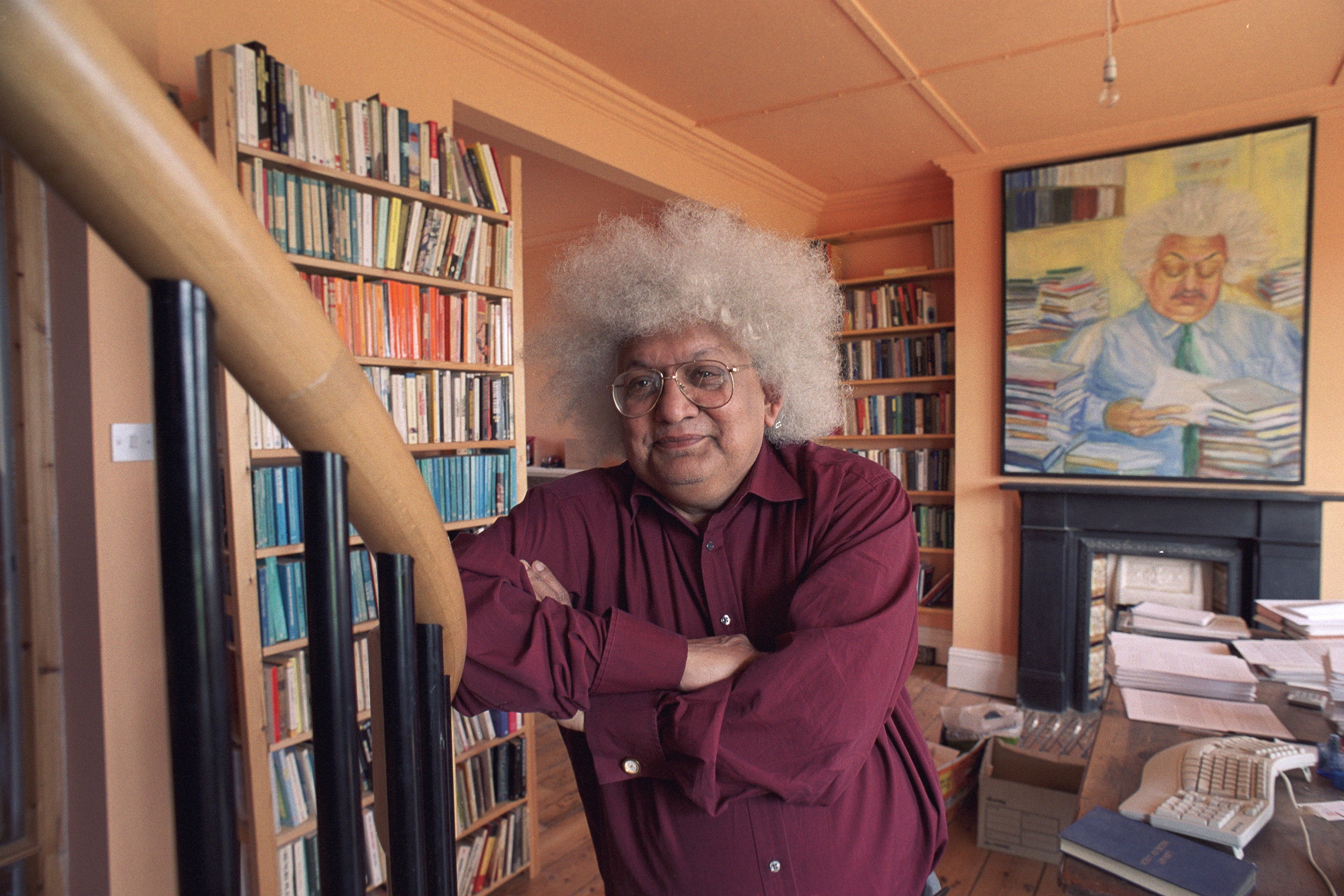My friend Lord Desai: A rare figure who was respected across political, cultural and academic divides

On Thursday, the cremation of Professor Meghnad Desai took place, marking the end of an extraordinary life devoted to thought, teaching and tireless public service.
Lord Desai was a towering intellect, a generous mentor and a treasured friend to me. He died in India, the country of his birth, but his impact – particularly in the world of politics and economics – came in his adopted home, Britain.
He moved to the UK 60 years ago to join the London School of Economics as a lecturer. Over the years, he became one of Britain’s most distinguished economists.
A passionate internationalist, he played a significant role in shaping economic thinking in post-colonial nations. In 1992, he founded the LSE’s Centre for the Study of Global Governance, and in 2003, became professor emeritus, remaining closely involved with the university for the rest of his life.
From being born as a colonial subject to becoming a British parliamentarian, he not only understood but lived through the changing political and economic tides of the Commonwealth. Such diverse and often seemingly contradictory experiences engendered his non-conformist and analytical approach and created fertile ground for his books, such as 2002’s Marx’s Revenge.
Often emphasising the “political” in “political economy”, he was elevated to the House of Lords in 1991. The first Labour peer of Indian origin, he was a lord for more time than I and some of my parliamentary colleagues have been alive! Though a peer of the realm, he remained a teacher above all and guided many through the labyrinths of politics with the warmth and curiosity of a beloved schoolmaster from a fabled age.
His impact on UK-India relations was profound – from creating and chairing the Gandhi Statue Memorial Trust, to the reconstitution of the India all-party parliamentary group and developing bilateral academic collaborations. Beyond his public accolades and recognition by numerous Indian prime ministers, Lord Desai’s quiet mentorship inspired generations of scholars, policymakers and authors.

As his aide in parliament until his passing, I had the rare privilege of hearing his reflections and reminiscences at first hand. At a time when many British Indians were rising through the Conservative Party, he often reminded me of the centre-left’s deep traditions and the importance of remaining within the Labour movement. He left the party in 2020 over its handling of antisemitism but remained supportive of its direction under Sir Keir Starmer. He found political freedom as an independent and, later, crossbench peer, always anchored in old-school liberal-left values: championing globalisation, working-class empowerment and economic development over identity politics.
A friend of the late Labour leader John Smith, Lord Desai would occasionally muse about how different his political trajectory might have been had Smith not died in 1994. He jested that he might even have beaten Rishi Sunak to become the UK’s first Indian-origin chancellor of the Exchequer. Remaining true to his academic nature, he would always prioritise the pursuit of his truths over climbing the greasy Westminster pole. At times, this put him at odds with Gordon Brown and Alastair Campbell. However, it was this candour and his warmth, in an often-hostile Westminster environment, which drew a mélange of characters towards him.
A scholar to the very end, he remained immersed in Britain’s radical political history, particularly its anti-imperial movements. He spent hours at the British Library researching groups such as the India League and the Indian Workers’ Association, and had planned to co-author a book on the subject before ill health put a stop to it. He was instrumental in bringing the India League back to life via the 1928 Institute, a British-Indian think tank to which he was an adviser.
Even in his later years, Lord Desai remained fiercely independent and intellectually vibrant. From his flat overlooking parliament, he would read the broadsheets in print before walking across Lambeth Bridge, eschewing taxis for the Thames breeze on his way to the House of Lords. When I last saw him, he joked about swapping his walk for a ride on my motorbike.
Lord Desai’s multifaceted nature made him a rare figure who was respected across political, cultural and academic divides. From incisive critiques of political economy to his encyclopedic knowledge of golden era Bollywood, conversations over his beloved South Indian meals will be deeply missed.
May his memory remain a blessing for all of us who had the good fortune to learn from him, walk alongside him, and call him a friend,
:max_bytes(150000):strip_icc()/Masked-Singer-Pearl-050625-5b4125998b68484396310a37606f2fa3.jpg?w=390&resize=390,220&ssl=1)
:max_bytes(150000):strip_icc()/Katy-Perry-performs-Kia-Forum-071925-a16d436617d6469eac257024dd046dbc.jpg?w=390&resize=390,220&ssl=1)

:max_bytes(150000):strip_icc()/the-naked-gun-pamela-anderson-03-050125-6df6e8498cd948a5b7267467782f4d3c.jpg?w=390&resize=390,220&ssl=1)
